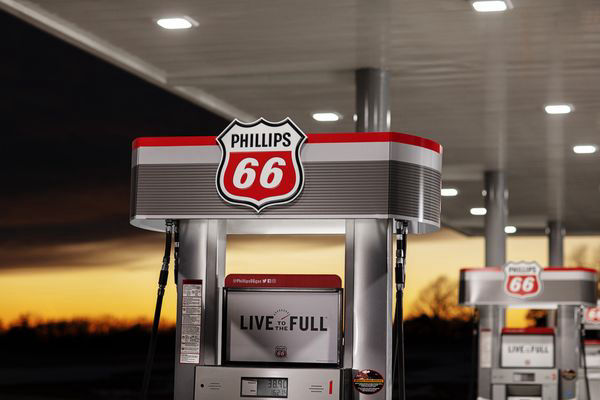

Managing a fleet isn’t just about getting from point A to point B—it’s about doing it efficiently, affordably, and with full visibility into where your money is going. For businesses that rely on multiple vehicles, fuel costs can quickly become one of the most significant and unpredictable expenses. That’s where fleet fuel cards come in, offering more than just a convenient way to pay for gas. They open the door to better financial control, smarter spending, and long-term savings.
Why Fuel Expense Tracking Matters
Fuel might be a necessary cost of doing business, but that doesn’t mean it can’t be optimized. Without a clear system in place to track spending, businesses run the risk of waste, misuse, or simple mismanagement. It’s easy to overlook how quickly these small inefficiencies add up. When you’re managing a fleet of vehicles, even just a few dollars of unnecessary fuel spend per vehicle, per week, can amount to thousands of dollars over the course of a year.
Tracking fuel expenses gives businesses the data they need to make informed decisions. It allows fleet managers to pinpoint which vehicles are consuming more fuel than expected, which routes are less efficient, and which drivers may need coaching on better driving habits. It’s all about transforming guesswork into actionable insight.
How Fleet Fuel Cards Simplify the Process
That’s where fleet fuel cards really shine. Instead of juggling receipts or relying on drivers to report fuel expenses manually, everything is automatically tracked and categorized. Phillips 66 Fleet, for example, offers fleet cards that provide detailed transaction histories—so every gallon purchased is accounted for, down to the location and time of day.
These cards don’t just help track fuel purchases, they also come with robust management tools that make organizing expenses much easier. Business owners can log into their accounts via desktop or through a mobile app to view up-to-date information, generate reports, or even schedule payments. It’s a streamlined experience designed with busy fleet managers in mind.
Real-Time Control and Oversight
One of the biggest advantages of using fleet fuel cards is the level of control they give businesses. With real-time oversight, fleet managers can monitor purchases as they happen. If something looks off—maybe a purchase was made outside of normal operating hours or a card is being used in an unusual location—it’s easy to flag and investigate.
Cards can also be linked to individual drivers or vehicles, which adds another layer of accountability. By assigning Driver IDs, businesses can track exactly who made each purchase and under what circumstances. If a card goes missing or is suspected to be misused, it can be immediately canceled through the mobile app, helping to prevent unauthorized charges.
Fuel Savings and Perks Beyond the Pump
What makes fuel cards even more appealing is their ability to deliver real, tangible savings. Phillips 66 Fleet offers exclusive discounts on fuel, which can significantly lower overall operating costs over time. But the savings don’t stop there. Cardholders can also access deals on auto parts, tires, hotels, and more—expenses that fleets often incur as part of regular operations.
These added benefits make fleet cards more than just a payment method; they’re a business tool that supports smarter, leaner spending across the board. It’s a small change in how purchases are made, but it can lead to a big difference in the bottom line.
Encouraging Strategic Spending
Another often overlooked benefit of using fleet fuel cards is how they encourage more strategic thinking when it comes to spending. With access to detailed reports and analytics, businesses can start to spot patterns and make improvements. Maybe it becomes clear that certain routes are less fuel-efficient than others, or that one vehicle is due for maintenance because it’s burning more gas than usual.
These kinds of insights are difficult to gather without a system that tracks and organizes expenses. Over time, the data collected by fleet cards can help businesses optimize routes, maintain vehicles better, and even rethink scheduling or driver assignments to maximize efficiency.
Making Fleet Management More Efficient
Ultimately, fleet fuel cards are about taking the chaos out of fuel expense management. They give businesses the tools to be proactive instead of reactive. Instead of waiting until the end of the month to total up receipts and see where money went, business owners and managers can stay on top of spending every step of the way.
Phillips 66 Fleet, in particular, makes it easy with features like no annual or card fees, flexible account access, and a mobile app that puts full control in your hands. It’s not just about saving money—it’s about operating smarter, staying organized, and having peace of mind knowing that every drop of fuel is accounted for.